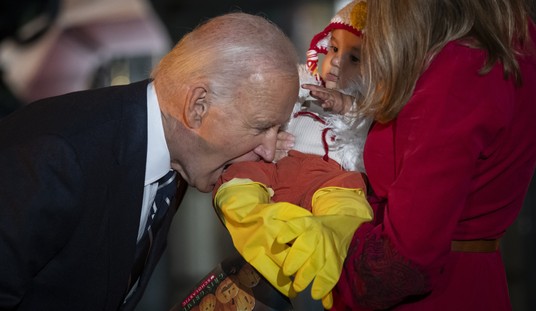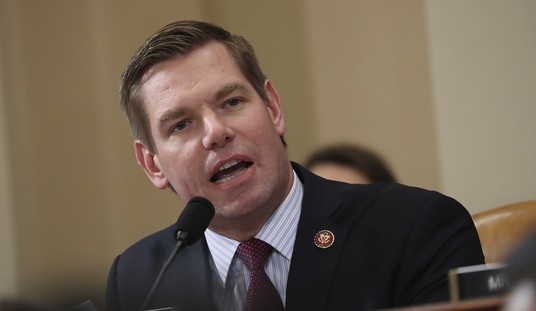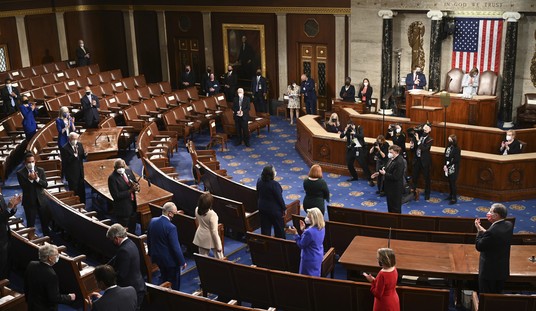Another day, another book I need to buy and hopefully read some day. In the March 21st NYT, Nicholas Kristof reviews a new book: “The Righteous Mind”. In it, author Jonathan Haidt discusses some original research that investigates some key values held by conservatives and liberals – and how these two groups perceive each other on these values. I have long been interested in why Republicans and Democrats believe as they do, and this type of research on values zeroes in on this question.
A couple of key observations emerge. First, the author points out how both conservatives and liberals adhere to values that are formed around a moral code, but conservatives follow some additional core values that liberals do not. Kristof phrases it as:
Americans speak about values in six languages, from care to sanctity. Conservatives speak all six, but liberals are fluent in only three. And some (me included) mostly use just one, care for victims.
Kristof summarizes the values:
…for liberals, morality is largely a matter of three values: caring for the weak, fairness and liberty. Conservatives share those concerns (although they think of fairness and liberty differently) and add three others: loyalty, respect for authority and sanctity.
In his research, Haidt and his colleagues refer to the latter three values as “binding values”, as they bind together people into larger groups.
These foundations are Ingroup/loyalty (supporting moral obligations of patriotism and “us vs. them” thinking); Authority/respect (including concerns about social order and the importance of traditions and role-based duties in maintaining that order) and Purity/sanctity (including concerns about treating the body as a temple and living in a higher, more “divine” way, versus a baser, more carnal way).
These sound pretty familiar to a conservative. In fact, Haidt’s definition for the second category (authority/respect) sounds like a sound bite description of what conservatism is.
The second, more interesting observation from Haidt’s book and research is touched upon briefly by Kristof:
Moderates and conservatives were adept at guessing how liberals would answer questions. Liberals, especially those who described themselves as “very liberal,” were least able to put themselves in the minds of their adversaries and guess how conservatives would answer.
Much of Haidt’s research centered around the accuracy of stereotypes of “out groups” – i.e. how liberals see conservatives and vice versa. The research showed that, by a significant margin, liberals were less accurate in their depiction of conservatives than the converse. The ironic part of this comes when reading the comments on Kristof’s article – this liberal lack of other-awareness is illustrated over and over by the left-leaning commentariat…but what else would we expect from the NYT’s readers?
A summary from the original research:
Results indicate that people at all points on the political spectrum are at least intuitively aware of the actual differences in moral concerns between liberals and conservatives: they correctly predicted that liberals would care more than conservatives about the two individualizing foundations and that conservatives would care more than liberals about the three binding foundations. The results also confirm previous studies of partisan misperception (e.g. Chambers, et al., 2006) by showing that, in general, people overestimate how dramatically liberals and conservatives differ. Remarkably, people even morally stereotype their own ingroup, with liberals overestimating liberals’ strong individualizing concerns and underestimating liberals’ weak binding concerns, and conservatives exaggerating conservatives’ moral concerns in the opposite directions.
Our results go beyond previous studies, however, in finding and explaining an otherwise puzzling result: liberals were the least accurate. We presented three competing hypotheses about accuracy: 1) We found no support for the hypothesis that liberals would be most accurate; liberals were the least accurate about conservatives and about liberals. The largest inaccuracies were in liberals’ underestimations of conservatives’ Harm and Fairness concerns, and liberals further exaggerated the political differences by overestimating their own such concerns. 2) We found some support for the hypothesis that moderates would be most accurate, which they were in the case of the binding foundations. However, and most crucially, partisan inaccuracies were not mirror images of each other. On the contrary, liberals and conservatives both tended to exaggerate their binding foundation differences by underestimating the typical liberal and overestimating the typical conservative. 3) Finally, we found some support for the hypothesis that conservatives would be the most accurate, which they were in the case of the individualizing foundations. In line with Moral Foundations Theory, liberals dramatically underestimated the Harm and Fairness concerns of conservatives.
So why do we care?
Of course there’s the reassurance that we as conservatives can take from the fact that liberals are provably inaccurate in their stereotyping of conservatives’ moral positions. But more important is the confirmation of the fact that conservatives do care about those issues that liberals claim we do not (not that we didn’t know that already…).
As I have mentioned previously on these pages, most, if not all of our policy positions originate largely from our beliefs about these core value issues. In many respects, social conservatism maps into the other “legs” of the conservative stool. Fiscal conservatism, defense conservatism, immigration policy, foreign policy, etc. – all stem from the values we hold in these categories. The fact that liberals seem to be sorely lacking in the “binding values” may (probably, IMO) explain how their positions on many/most policy areas differ from ours. One of the most contentious points made by Haidt is brought out by Kristof:
“Moral psychology can help to explain why the Democratic Party has had so much difficulty connecting with voters,” writes Haidt, a former liberal who says he became a centrist while writing the book.
Ouch. The liberals commenting on Kristof’s article didn’t like that one a bit. But it does explain a lot. If one accepts the theory that America is a center-right nation, I would say there’s a pretty significant likelihood that the difference lies in this disconnect in these core values that are shared – and not shared – between liberals and conservatives.
Yes, we are all values voters.













Join the conversation as a VIP Member